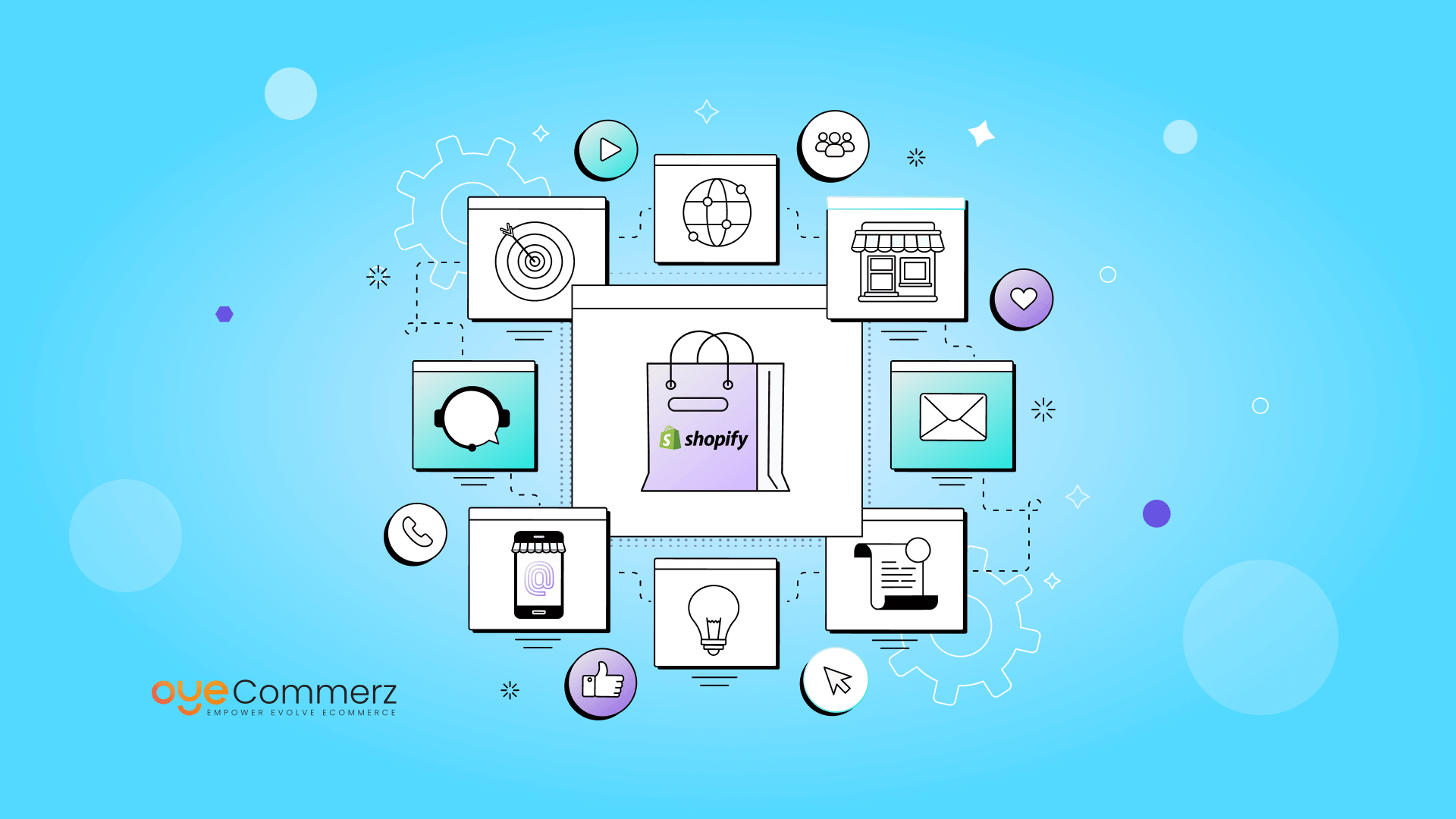Introduction
In the current competitive e-commerce landscape, differentiating is paramount, and a top method to differentiate a Shopify store is through tailored app development. A robust Shopify app can boost store functionality, simplify processes, and elevate customer interaction. This article delves into key elements of Shopify app development, covering API integration and app ecosystem to scaling strategies and promotion methods, offering a roadmap for companies seeking unmatched store efficiency.
Why Shopify API Integration Matters
Shopify’s API offers robust tools to customize and expand store capabilities. With GraphQL and REST APIs, developers can access data to build applications that manage inventory management, order handling, and customer information management smoothly. Integrating Shopify’s API can lead to better workflow automation and enables stores to assist shoppers more efficiently.
Adopting the Polaris Design System
Shopify’s Polaris is Shopify's set of design guidelines for designing user-friendly and accessible Shopify apps. By following Polaris guidelines, developers ensure that apps integrate smoothly within the Shopify Admin experience. This provides a cohesive look and feel that appeals to Shopify merchants, encouraging ease of use and comfort for merchants utilizing your custom app.
Understanding the Shopify App Ecosystem
The Shopify app ecosystem provides numerous opportunities for enhancing online stores. From handling order fulfillment to boosting customer engagement, apps in this environment are tailored to meet diverse business requirements. Learning about this ecosystem helps developers in finding unique app ideas and enables seamless integration of third-party services that enhance the store.
Building Embedded Shopify Apps
Embedded apps integrate directly within the Shopify Admin, providing a smooth interface for merchants. They allow merchants don’t have to navigate away from their Shopify dashboard, simplifying their process. Using Shopify App Bridge and embedded app capabilities is a best practice for offering a unified, well-integrated user experience.
Using Node.js and React for Shopify Apps
The technologies Node.js and React have become top options for Shopify app development. Node.js enables high-performance back-end services, while React Shopify Admin customization enables interactive and adaptive front-end user interfaces. Together, they offer an excellent framework for building fast, scalable Shopify apps that enhance store functionality and customer engagement.
Webhooks in Shopify Apps
Webhooks enable instant data synchronization between Shopify and an outside application. They trigger events such as new orders or inventory updates and provide immediate alerts to your app. By utilizing webhooks, apps can deliver real-time insights for store owners, streamlining workflows and boosting productivity.
Customer Engagement and Digital Marketing for Shopify Apps
To make a Shopify app successful, connecting with users is key. Utilizing digital marketing strategies like SEO, email marketing, and social media campaigns can drive app adoption. Additionally, designing apps with customer engagement in mind (e.g., loyalty programs or personalized recommendations) boosts user loyalty and satisfaction.
Making Your Shopify App Scalable
As e-commerce stores expand, so do their technology requirements. Making sure that your app can manage higher usage, larger data sets, and more advanced functionalities is critical. By optimizing server resources and using scalable technologies, you can Polaris design for custom Shopify apps develop apps that grow in tandem with a store’s success.
Essential Features and Maintenance for Shopify Apps
For an app to be effective, it should offer key capabilities like user login, analytics dashboard, and customer support options. Regular app maintenance, including updates to fix bugs and ensuring compatibility with new Shopify functionalities, is vital to ensure continuous operation and prevent disruptions to business processes.
Summary
Custom Shopify app development holds vast potential for e-commerce stores, providing the chance to improve performance, streamline processes, and build customer relationships. With API integrations and Node.js to focusing on scalability and customer engagement, creating a Shopify app requires thoughtful preparation and strategic execution. If you’re ready to elevate your e-commerce experience, a tailored Shopify application could be the perfect solution. What capabilities do you envision for your ideal app? Share your ideas and begin the journey to an enhanced e-commerce experience!
